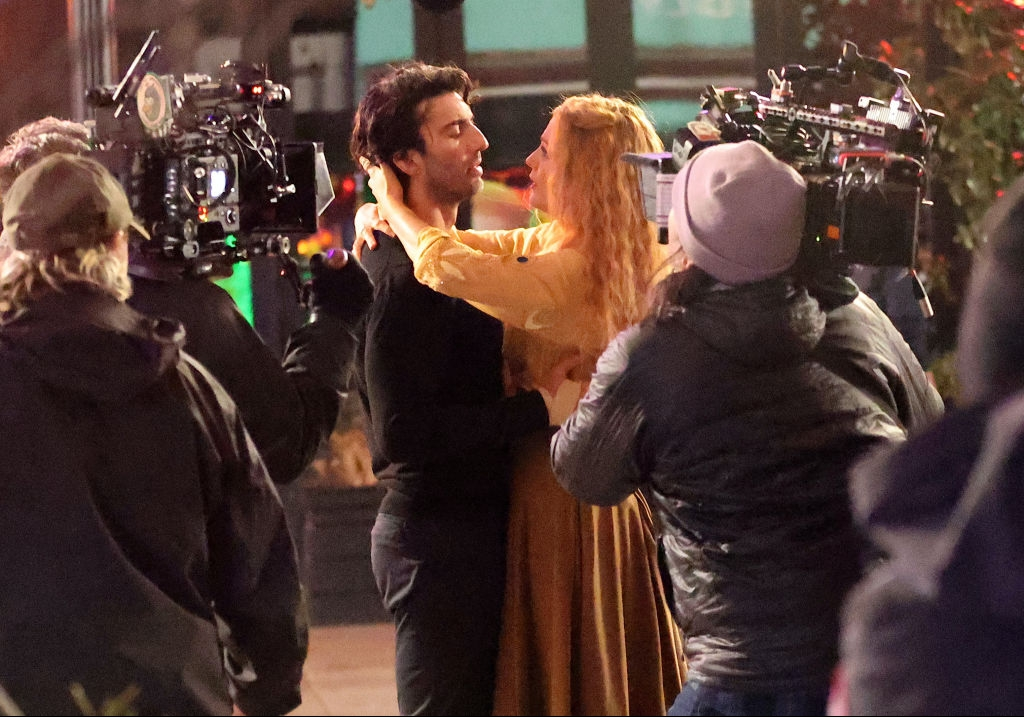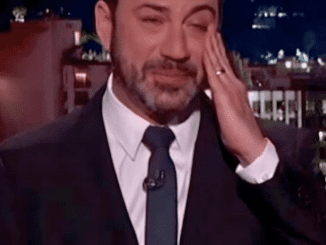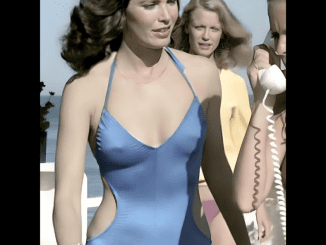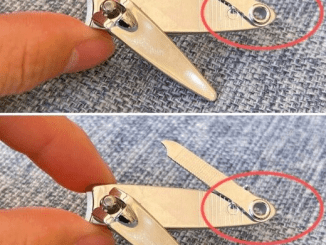The entertainment industry, known for its glitz and glamour, has also faced its fair share of controversies. In the latest headline-grabbing development, actress Blake Lively has filed a s*xual harassment lawsuit against her It Ends With Us co-star and director, Justin Baldoni. This shocking move sheds light on the alleged tensions between the two stars and raises questions about the dynamics on set.
The Backstory: Behind the Lawsuit

Blake Lively, known for her standout roles in Gossip Girl and The Age of Adaline, played the lead role of Lily Bloom in the adaptation of Colleen Hoover’s bestselling novel It Ends With Us. The film, which amassed an impressive $350 million at the global box office, told the heart-wrenching story of Lily, a woman navigating love, abuse, and resilience. Justin Baldoni, famous for his role in Jane the Virgin, not only starred opposite Lively as Ryle Kincaid but also directed the film.
Despite the film’s success, rumors of friction between Lively and Baldoni began swirling in August. Observers noted that the duo avoided joint press appearances, fueling speculation of behind-the-scenes drama. Baldoni handled most press obligations alone and skipped posing with the cast at the New York premiere. While Baldoni vaguely acknowledged “friction” on set during an interview, Lively remained tight-lipped—until now.
Lively’s Allegations: A Shocking Accusation
Blake Lively’s lawsuit alleges a series of incidents that caused her severe emotional distress. The filing, obtained by TMZ, outlines numerous instances of inappropriate behavior by Baldoni, ranging from unprofessional comments to actions that crossed personal boundaries.
Some of the alleged behaviors include:
- Showing nude videos or images of women to Lively.
- Discussing his past struggles with pornography addiction in her presence.
- Making inappropriate s*xual remarks about cast and crew.
- Asking invasive personal questions about Lively’s weight and referencing her deceased father.
The lawsuit also mentions that Baldoni pushed for additional s*x scenes, oral s*x depictions, and on-camera climaxes for Lively, even though these scenes were not part of the original script she had agreed to when signing onto the project.
Demands Made and Approved
In response to these behaviors, a meeting was reportedly held to address Lively’s concerns. Among those in attendance was her husband, actor Ryan Reynolds. During the meeting, Lively outlined clear boundaries, including banning inappropriate conversations, comments, or actions moving forward.
Sony Pictures, the film’s distributor, approved Lively’s requests, showing corporate support for the actress. However, Lively alleges that Baldoni retaliated against her through a “social manipulation” campaign designed to tarnish her reputation.
Baldoni’s Response: Denial and Counterclaims
Justin Baldoni, through his attorney Bryan Freedman, has strongly denied the allegations, calling them “false, outrageous, and intentionally salacious.” Freedman suggested that Lively’s lawsuit is an attempt to repair her reputation, claiming that she caused difficulties on set by threatening not to appear for filming and refusing to promote the project. Baldoni’s legal team framed the lawsuit as a tactic to shift the narrative surrounding the film’s challenging production.
The Role of Power Dynamics in Hollywood

This lawsuit brings attention to a broader issue that has long plagued Hollywood: the misuse of power and the challenges faced by individuals who speak out. Lively’s statement to The New York Times emphasized her desire to expose retaliatory tactics used to harm those who address misconduct. She expressed hope that her actions would pave the way for a safer and more respectful environment in the entertainment industry.
In the wake of movements like #MeToo, Lively’s case highlights the persistent struggle to protect individuals from workplace harassment. While policies and guidelines have been implemented in recent years, high-profile allegations like this show that there’s still work to be done.
The Fallout: What’s Next for Lively and Baldoni?
The fallout from this lawsuit could have significant implications for both stars. For Blake Lively, her public statement indicates a willingness to take a stand, regardless of the potential professional risks. On the other hand, Baldoni faces scrutiny as his reputation and career hang in the balance.
The allegations, if proven true, could affect Baldoni’s ability to secure future directing or acting projects. Conversely, if the claims are deemed baseless, Lively might face criticism for the lawsuit’s impact on Baldoni’s personal and professional life.
A Mirror to the Industry

This controversy also serves as a reflection of larger issues within the entertainment world. From power imbalances to workplace misconduct, the industry must grapple with how to create a culture of accountability and respect. Studios, directors, and actors alike are under increasing pressure to foster safe environments where all individuals can thrive without fear of harassment or retaliation.
Conclusion: A Battle for Truth and Change
Blake Lively’s lawsuit against Justin Baldoni underscores the complexities of navigating professional boundaries in high-pressure, high-stakes industries. Whether the allegations hold up in court remains to be seen, but the case already raises important conversations about respect, accountability, and power dynamics.
For fans of both stars, the situation is undoubtedly disheartening. However, it also serves as a reminder that even in Hollywood, where appearances are carefully curated, deeper issues often lurk beneath the surface. Ultimately, this case could inspire broader industry changes, helping ensure that every actor, director, and crew member feels safe and respected on set.
As this story unfolds, one thing is clear: the fight for fairness and dignity in Hollywood is far from over.


